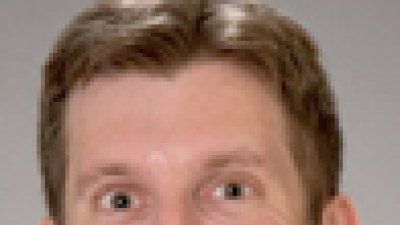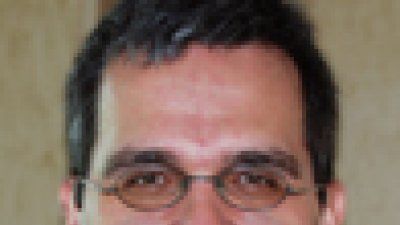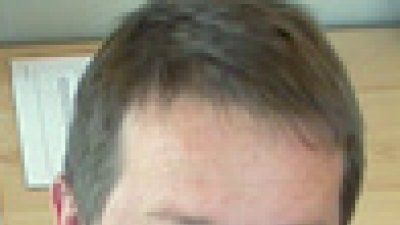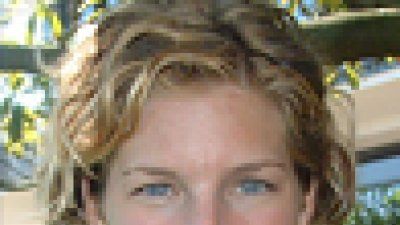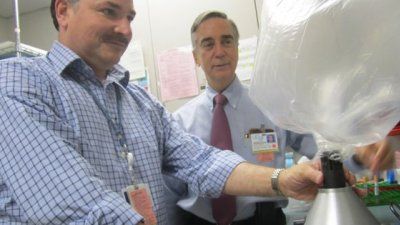Maternal Liver Grafts More Tolerable for Children with Rare Disease
Children with a rare, life-threatening disease that is the most common cause of neonatal liver failure – biliary atresia – better tolerate liver transplants from their mothers than from their fathers, according to a UCSF-led study.

